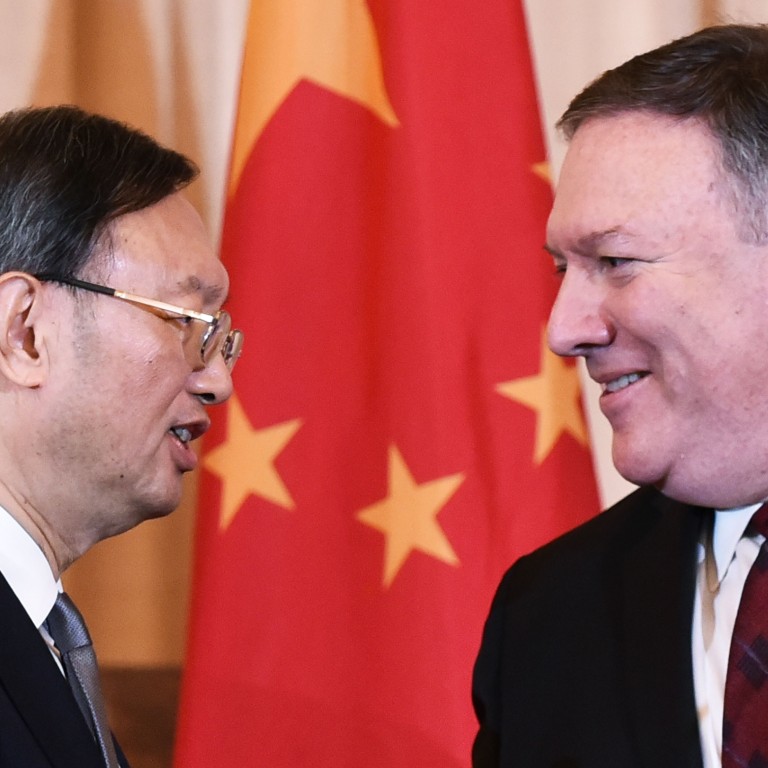
US-China strategic competition has worsened the impact of the coronavirus, harming the people of both nations. It needs to stop
- The US should recognise that its designation of China as a strategic competitor creates a self-fulfilling prophecy. Would Beijing be more or less willing to listen to a partner or strategic competitor on issues such as Hong Kong?
Every morning, I awake to US Secretary of State Mike Pompeo excoriating the Chinese government, and China’s Ministry of Foreign Affairs excoriating Pompeo. The catastrophic effects of the coronavirus pandemic demonstrate the dangers of these policies.
By 2018, China was one of America’s largest export destinations, supporting some 700,000 American jobs, in addition to the more than 140,000 Americans employed by Chinese-owned companies in the US.
Why Trump’s about-turn on the US dollar is right on the money
Trump’s tariffs are costing Americans billions, but he’s not backing down
The focus of counter-espionage efforts should be on potential lawbreakers, and not on the Chinese and Chinese-American communities.
With strategic competition put aside, a number of reciprocal steps can be taken. These include establishing a careful definition of national security accepted by both countries so that job-creating investments and exports can continue to flow, narrowly limiting visa denials and assuring the Chinese do the same.
While Americans do not share the values of the Chinese leadership, China does not pose an existential threat to Americans and their way of life. Characterising the relationship as strategic competition lessens US influence over Chinese policy decisions.
Would the Chinese leadership be more or less willing to listen to a partner or strategic competitor regarding issues such as Hong Kong’s “one country, two systems”, Taiwan, human rights, economic reform or cybersecurity?
The true threats to our societies are common. A mother in Shanghai and a mother in New York both fear that the sea will rise as a result of climate change to destroy their homes, that terrorists could kill their family or friends, or that an economic crisis will deprive their children of a better future.
The destructive path of Covid-19 has been enabled by this unnecessary strategic competition. End it now and the peoples of America and China will benefit.
Stephen A. Orlins is president of the National Committee on US-China Relations. The opinions expressed here are solely those of the author, and do not necessarily reflect the opinions or views of the NCUSCR
Help us understand what you are interested in so that we can improve SCMP and provide a better experience for you. We would like to invite you to take this five-minute survey on how you engage with SCMP and the news.

